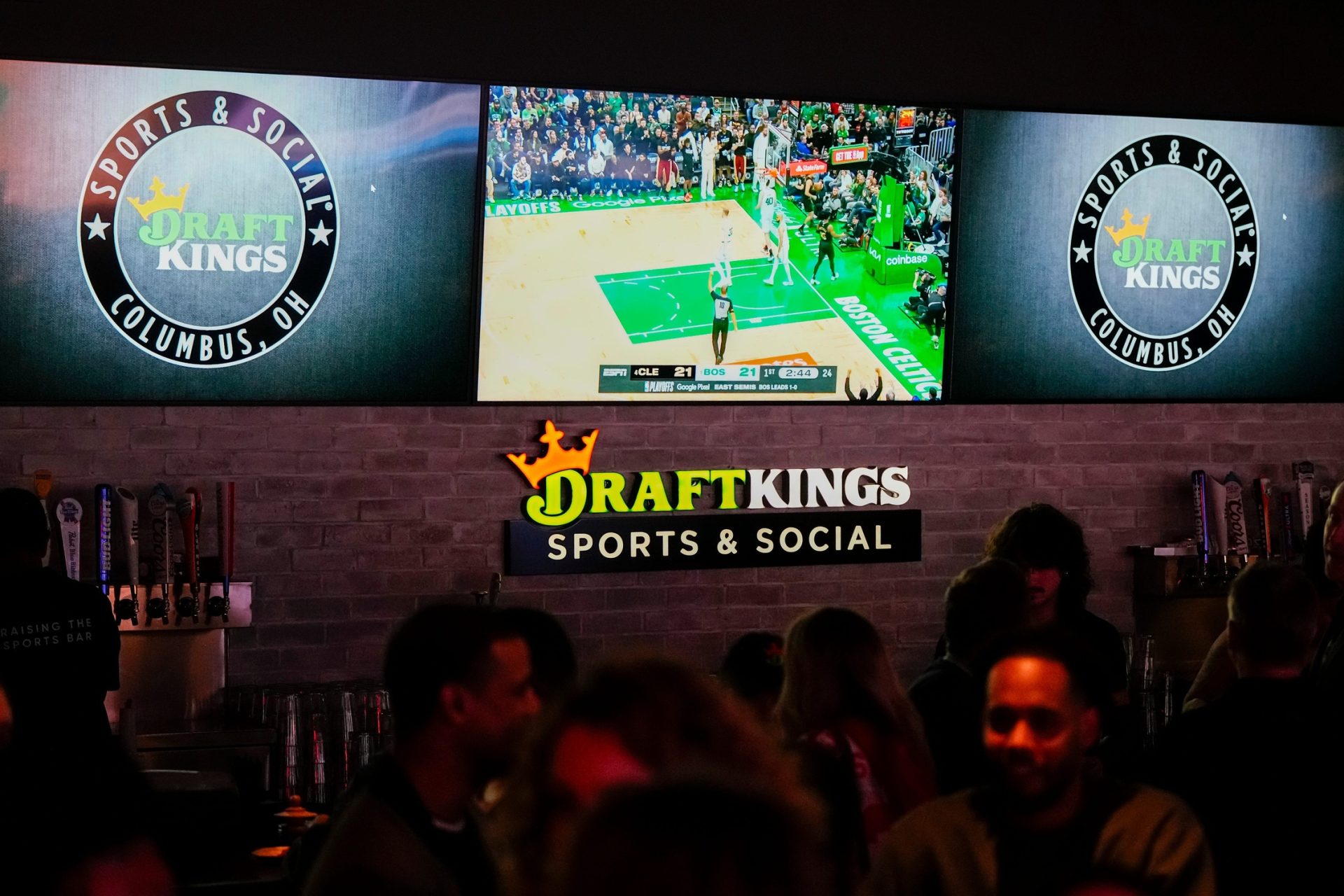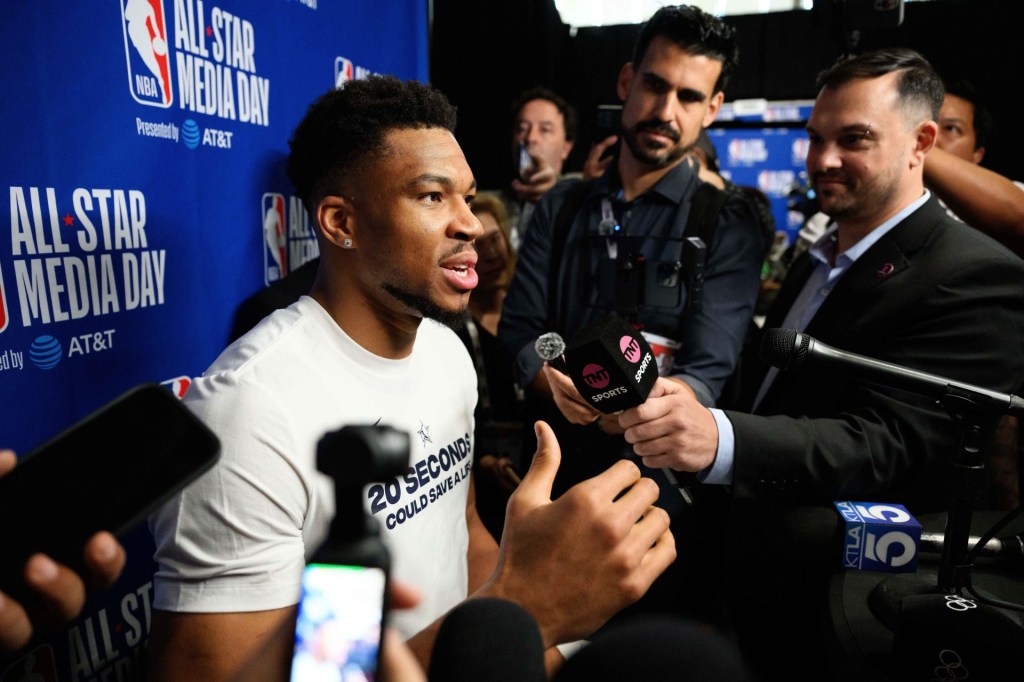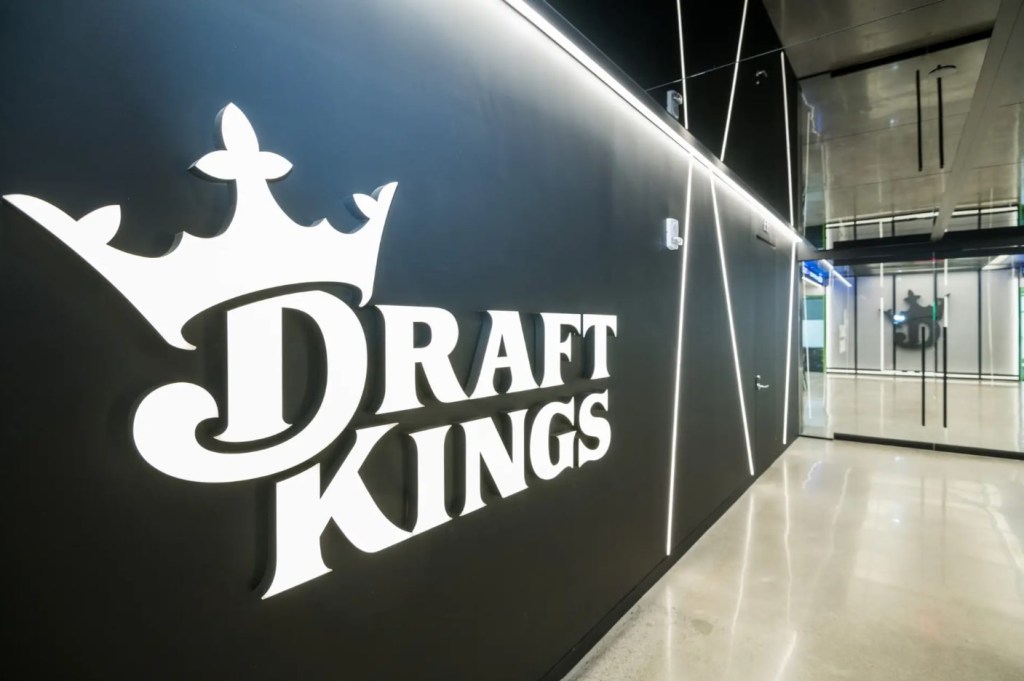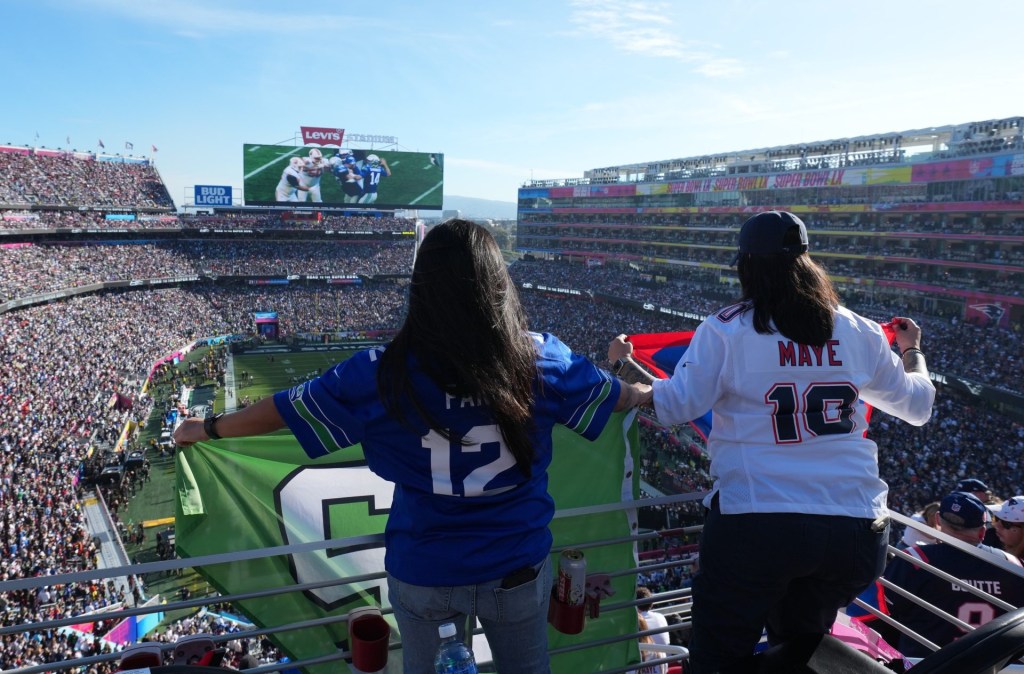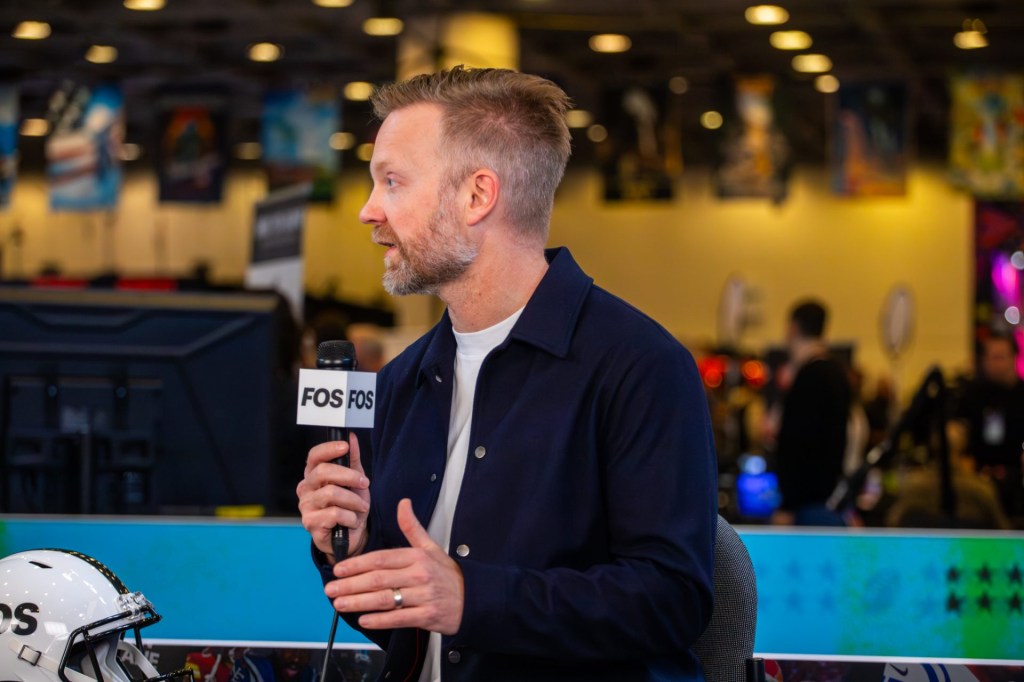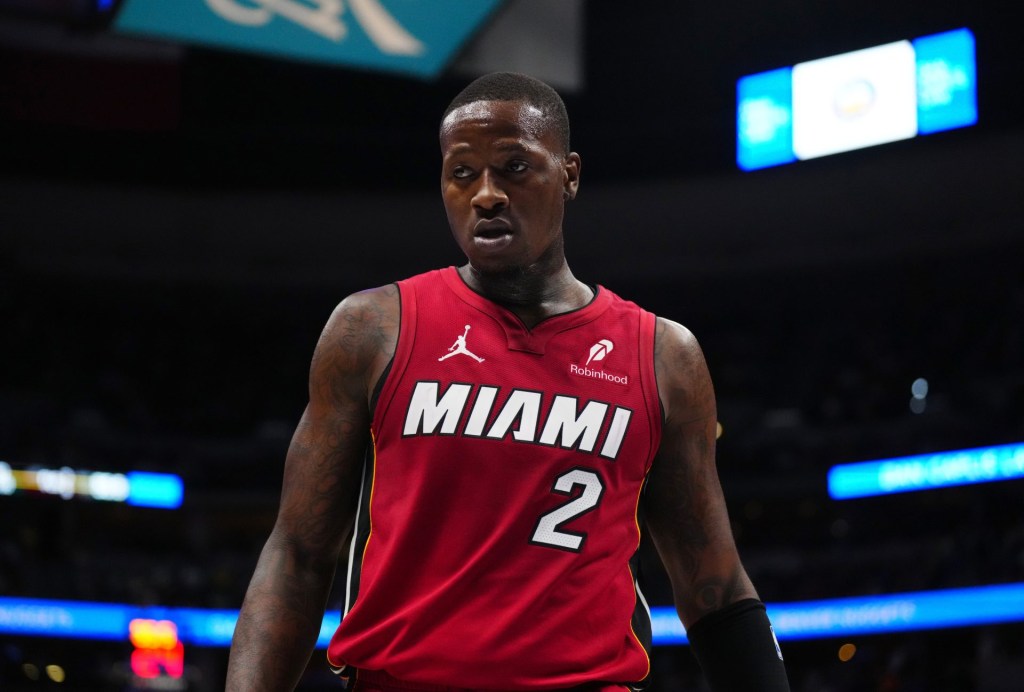The California attorney general said last week that daily fantasy sports are considered illegal sports betting under state law. But rather than ending the debate, the ruling may spark a broader conversation among Native American tribes, sportsbook operators, and regulators about how to handle the issue moving forward.
The declaration from California AG Rob Bonta was made via a 33-page advisory opinion that had been expected for some time. In fact, Underdog Sports sued to try to stop Bonta from issuing the opinion, arguing the mere issuance of it represented an “imminent, existential threat” to its business—but on Wednesday the company was rejected in that attempt.
On Thursday, the AG issued his opinion, which is clear that daily fantasy sports contests—including pick’em and draft-style games—are prohibited under the California penal code (sports betting in general is banned in California, which is one of 11 states in which the practice is still completely illegal). Bonta rejected the argument that daily fantasy sports should be viewed as distinct from traditional sports betting because they are games of skill, not chance, saying the California Supreme Court has found that “betting or wagering ‘may involve skill or judgment.’”
“The essential requirement of a ‘bet’ or ‘wager’ is that participants win or lose based on the outcome of an uncertain future event, such as a sports competition, even if skilled bettors consistently come out ahead,” the opinion says.
Notably, in the court ruling that rejected Underdog’s request for an immediate ruling prohibiting Bonta from issuing the opinion, the judge wrote “the opinions of the California Attorney General are advisory only and do not carry the weight of law.”
Attorney Dan Wallach, a U.S. gaming law expert, tells Front Office Sports that while Bonta’s advisory opinion “does not have the force of law,” it “should give pause to operators moving forward.”
“They are now on notice that the California AG has taken the view that these contests are illegal and there is a potential for enforcement action,” Wallach says.
Individual bettors would not be at risk if enforcement actions are taken. The defendants would be the sportsbook operators offering daily fantasy sports contests, Wallach tells FOS. Still, users will be affected if Bonta’s opinion results in enforcement actions that cause operators to stop offering daily fantasy sports contests, because they would no longer have a legal outlet to play the games.
The California Department of Justice would not tip its hand on whether it might seek to bring enforcement actions if companies don’t cease their daily fantasy sports offerings, telling FOS last week that it “expects companies to come into compliance with the law,” but “any specific action beyond that is premature.”
Despite the potential for future enforcement actions if they continue offering daily fantasy sports contests, at least two operators are staying steadfast. Underdog and DraftKings have both made clear in statements to FOS that they intend to continue offering daily fantasy sports games for now. DraftKings offers daily fantasy sports in most states, with few exceptions including Nevada, Montana, and Washington; the same goes for Underdog, which offers daily fantasy sports in more than 40 states, with exceptions including New York, Connecticut, and Hawai‘i.
A spokesperson for Underdog on Monday confirmed it has no immediate plans to stop offering daily fantasy sports contests. A spokesperson for DraftKings told FOS last week that the company “respectfully disagrees” with Bonta’s interpretation and said “we intend to continue offering them—as we have done without challenge or issue for over 13 years.”
DraftKings also said the company plans to “work with stakeholders, including the Office of the Attorney General, to try to find an amicable resolution.” That mirrors what a spokesperson for FanDuel told FOS last week: “We look forward to meeting with the Attorney General’s office to talk through our next steps.”
It’s also in line with what California Gov. Gavin Newsom thinks—a spokesperson for the governor says he “does not agree with the outcome” of Bonta’s opinion and that he “welcomes a constructive path forward in collaboration with all stakeholders.”
Wallach expects the various stakeholders—sportsbook operators, policymakers, and Native American tribes—to use this as an opportunity to open up discussion and attempt to find some middle ground.
“The perception is that tribes were influential in having the AG move forward with this legal opinion, so it makes sense to engage in dialogue about what they may or may not be comfortable with,” he says. “The red line may be against-the-house contests, anything that looks like a sportsbook.
The larger discussion to be had on the issue could be contentious. James Siva, chairman of the California Nations Indian Gaming Association (CNIGA) said in a statement that the group “commends Attorney General Rob Bonta for standing up for the rule of law in California,” but he noted “it is also very clear that California has long turned a blind eye to illegal gambling—at the direct expense of tribal governments.”
“Untold millions if not billions have been illegally wagered over the past decade,” Siva said. “Where is the enforcement? Where is the accountability? It is now imperative that the state back up this legal opinion with strong enforcement and that lawbreakers be held to account.”
